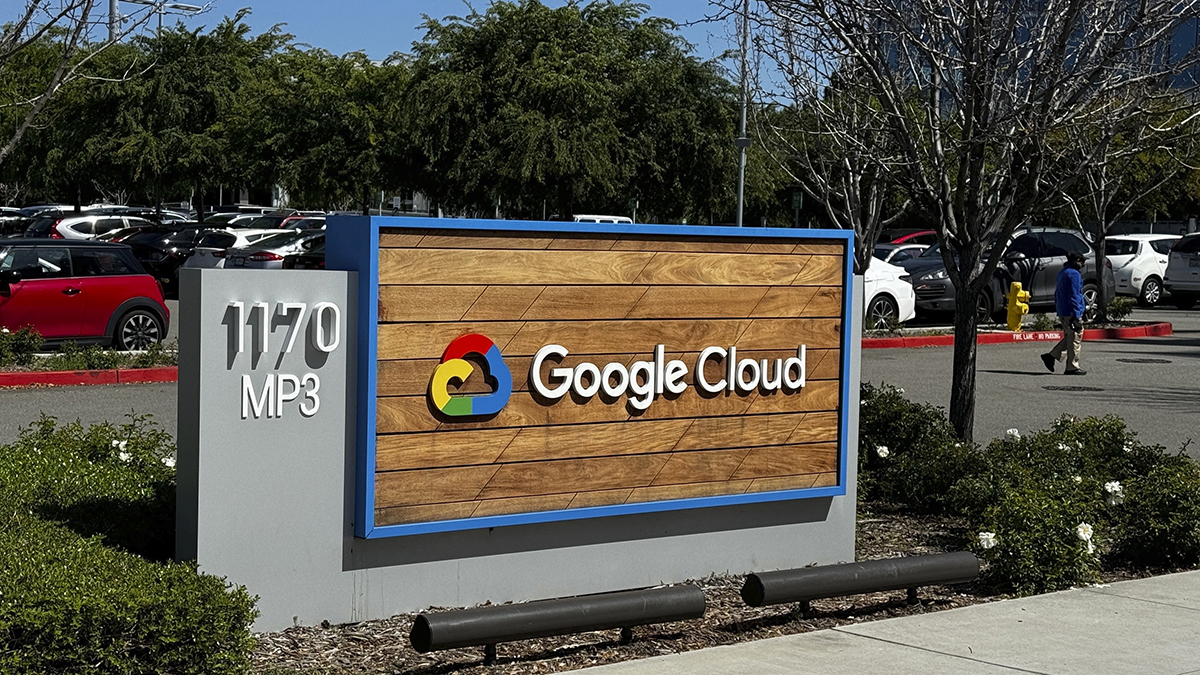If Californians don't turn out to vote in November, they'll never turn out.
Late yesterday, Secretary of State Debra Bowen certified a 10th statewide measure for the November ballot. Here's a quick and handy guide to the measures and what they mean.
THE HEADLINER IF YOU CAN SEE THROUGH THE SMOKE
Pot. The initiative to legalize, regulate and tax marijuana isn't the most important measure, but it's certain to get the most attention, particularly outside of California. For all the talk about pot, look for the measure to turn on arguments about money. Can pot produce more money for the budget, as backers claim (and some state officials estimate)? Or is it a poorly drawn measure that, by putting California out of step with federal law, is full of new, hidden costs for the state government and businesses?
BALLOT BOX BUDGETING AND THE CYCLE OF CONTEMPT
Three measures on the ballot offer voters an opportunity to micromanage the budget and second-guess decisions lawmakers have made (decisions, by the way, that they have been forced to make in many cases because of previous voter-approved restrictions on discretion). One measure would establish an $18 vehicle license fee surcharge to fund state parks. Another would put new restrictions on the ability of the state to take funds away from transportation and local government programs. A third would repeal legislation that created more favorable tax treatment for business with the goal of getting more money into the budget for spending programs, particularly on education.
Each of these initiatives have worthy goals. But these are precisely the kind of measures that have helped get California in such a fix. There's also a hidden danger in each. Once voters in California enact something by initiative, it can only be changed by another vote of the people. So if voters approve these measures, they are putting themselves in charge, essentially forever, of policy on state parks and business taxes. Remember that the next time you complain there are too many measures on the ballot.
U.S. & World
MEANINGLESS MEASURES FOR REDISTRICTING OBSESSIVES
California's goo-goos (a somewhat derisive term for political reformers -- goo goo is a reference to good government) have been obsessed with changing the way districts are drawn as a cure for what ails the state politically. The political class sees this as a threat. Each side has a measure on the November ballot. One would extend the power of the redistricting commission approved by voters in 2008 to cover Congressional districts (the 2008 initiative, Prop 11, covered only state districts). Some Democrats who like districts the way they are have qualified an initiative -- qualifying just barely at the 11th hour -- to repeal Prop 11 so that the redistricting commission voters approved never redistricts.
What does this mean for Californians? Almost nothing. California's districts are uncompetitive not because of how they were drawn but because of partisan polarization; the coast is very liberal and Democratic, the interior red and Republican. The state does need electoral reform -- but real reform would move us away from our system of single-member, winner-take-all districts and replace it with a system of multi-member, regional districts that are represented by people elected, at least in part, through proportional representation.
NOT SO SUPER MAJORITIES
The ballot has two measures that would alter California's unique (and problematic) system of requiring two-thirds votes to pass budgets and raise taxes While these won't get much attention, they may be the two most important items on the ballot.
One measure would eliminate the two-thirds vote for just the budget (while leaving in place the two-thirds requirement for tax increases). This could be an important advance -- since the two-thirds vote requirement for budgets is a big reason why budgets are late and unbalanced. But it also could lead to even more budget gimmickry and borrowing, by making it easier to pass budgets full of spending--while keeping in place the two-thirds requirement on tax increases that makes it difficult to raise enough money to fund that spending.
The second measure would extend the two-thirds requirement on tax increases to fee increases -- and impose new requirements that voters approve local levies. Put simply, this deepens California's supermajority budget system. If you think the budget system in this state is a raging success, you should vote for this measure.
BIG ARNOLD STUFF
Two big parts of Gov. Schwarzenegger's legacy are on the ballot. One is the big, pork-filled, dull but important water bond he negotiated with the legislature.
The other measure is even more important. I'm hoping there's a big international debate occasioned by an initiaitive that would suspend California's landmark climate change legislation, AB 32, until employment drops. There have been so many claims and counter-claims here about this law, but the central question is a crucial one and hasn't been answered definitively, at least by my lights. Does climate change legislation represent a path to creating a new economy of green jobs? Or will such legislation retard economic growth? That's a question the whole world is asking. Perhaps Californians, by debating and studying this initiative will provide an answer.



